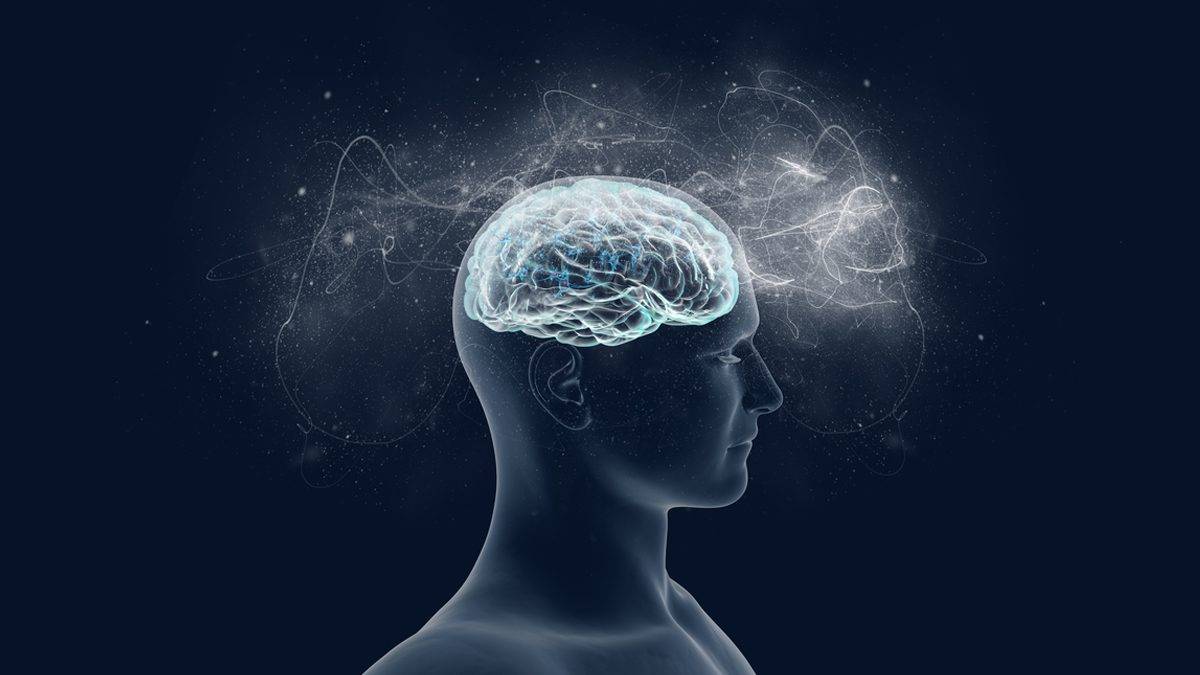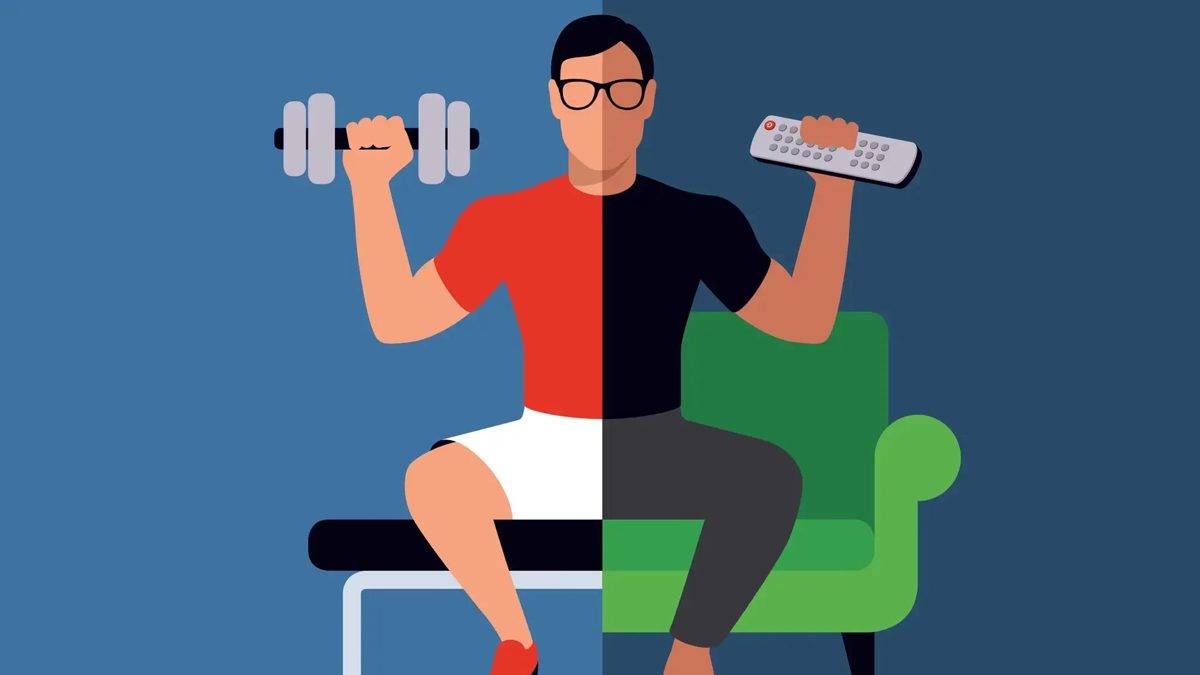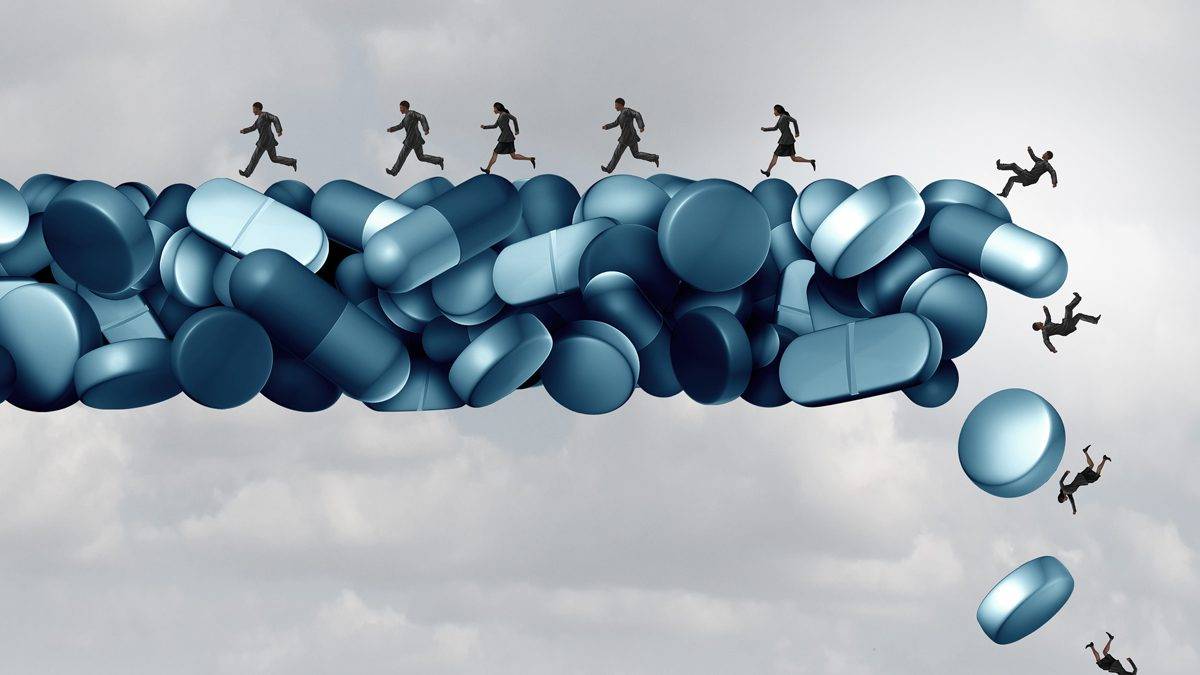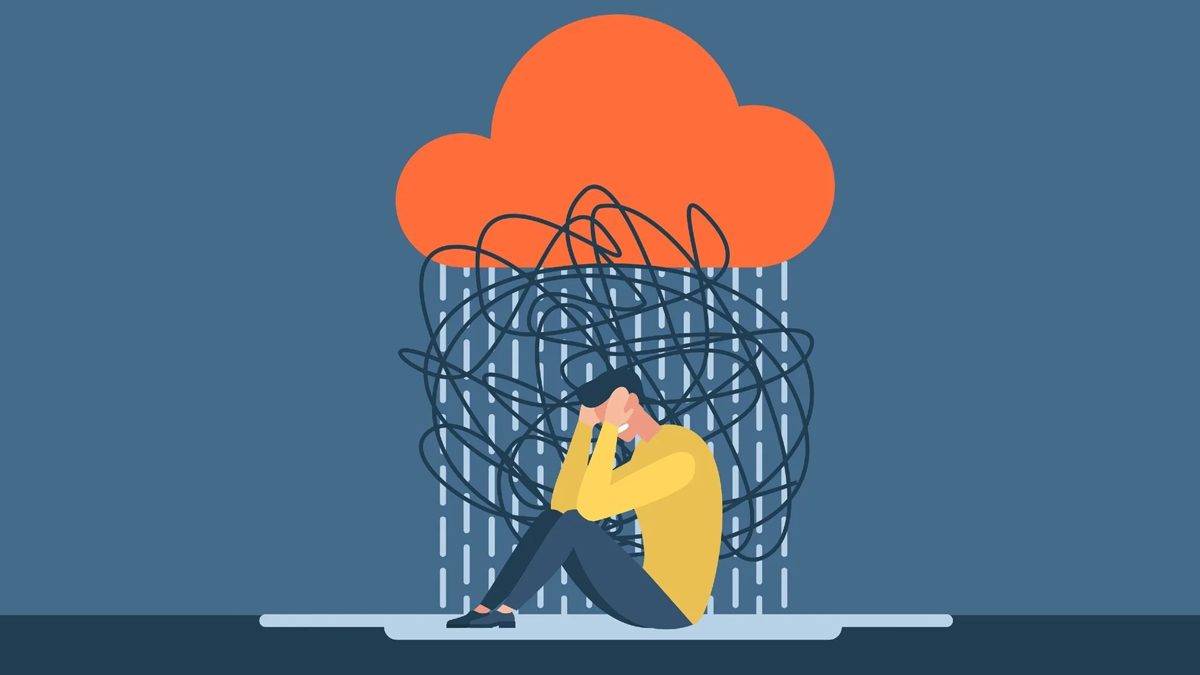A Candid Look At The Brainon Drugs Many details have recently been worked out describing events in any brain exposed to the most common addictive drugs: heroin, morphine, barbiturates, tranquilizers, and alcohol (all depressants that slow down processes in the brain and central nervous system); and cocaine, amphetamines, nicotine, and marijuana (all stimulants that generally excite them). As the target organ[…]
Tag Archives: Recovery
Working Out in Recovery Eating, sleeping, and feeling healthy may seem like normal parts of life, but being able to function effectively on a day-to-day basis should not be taken for granted. Like so many other medical problems, addiction interferes with an individual’s normal physical functioning. Instead of eating properly or seeking intimate partnerships or healthy relationships, addiction overrides[…]
Unbeknownst to Most, Significant Loss is Intrinsic to Addiction Recovery As I wrote in last month’s post, the loss is an unavoidable part of life. Over time, everyone experiences a range of significant losses, and as painful as it often is, the grieving process is a necessary and healthy part of mourning and getting through those losses.[…]
There’s Nothing Chronic About This “Chronic Brain Disease.” The experts at the National Institute on Drug Abuse (NIDA) are very clear: “Addiction is defined as a chronic, relapsing brain disease.” (Here’s the NIDA party line in a bit more detail.) As you can see, addiction is viewed as a chronic disease much like cardiovascular disease or diabetes. And they should know, right? After all the[…]
Writers & Loved Ones Should Embrace “Progress Not Perfection” I write and I recover from a loved one’s addiction. Granted there are significant differences between the two, but several similarities. I struggle to master both. And let me tell you, it’s hard. Fran Simone is Professor Emeritus from Marshall University, South Charleston Campus, West Virginia where she[…]
The Late Dr. Harriet Braiker Continues to Teach Us When And How to Say No “Niceness is the psychological armor of the people-pleaser.” ~ Harriet B. Braiker Do you act on a daily basis on any of these internalized beliefs? “I should never say ‘no’ to anyone who needs or requests something of me.” “I should never[…]
How Distraction Can Help Prevent Relapse In Relapse Prevention 101, one of the techniques recovering addicts learn is a distraction. Many are already familiar with the unhealthy version of this skill. After all, people often develop addictions in an effort to distract themselves from the pain of daily life. If addiction is itself a distraction, how could[…]
Addiction, Recovery & a Path to Prevention The practice of prevention—keeping young people safe and alive—often relies heavily on outcome-based evidence of educational approaches and initiatives, not to mention the psychosocial research that guides them. But there’s a companion approach to be found in the experience of addiction and recovery, both subjects of an expo sponsored by[…]
Simple Tools to Help Addicts & Others Push Back Against Depression Symptoms Depression is probably the most common co-occurring disorder addicts present with. Unsurprisingly, addicts frequently feel demoralized and hopeless about their lives and health. Altered brain chemistry exacerbates these feelings and often leads to depression. The following suggestions, however, go a long way towards relieving the symptoms of[…]
Relapse Does Not Have to Be Part of Addiction Recovery Generally, when an addict is sent to or voluntarily enters treatment, s/he is told to expect relapse, that returning to using is a natural part of the recovery process. While it is certainly true that many addicts and alcoholics do relapse during the early stages[…]
- 1
- 2










